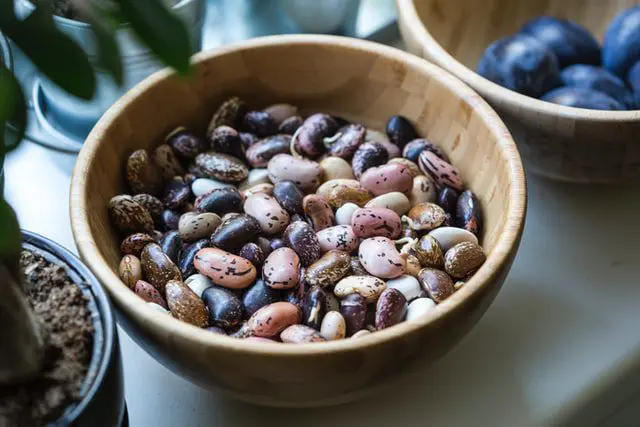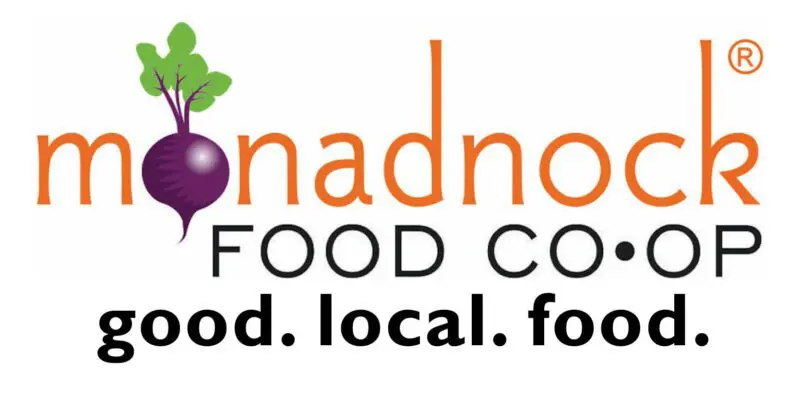 NPR ran an update about all the food hoarding that helped many of us feel more secure back in March of 2020. Remember the popularity of dried and canned beans? Companies that sold heirloom beans were back-ordered for months! I remember walking through empty aisle after empty aisle and wondering who are these people who are suddenly going to be eating beans and canned and frozen vegetables and fruit? We all know a few friends who stockpiled foods that aren’t part of their usual repertoire. Now it turns out that people simply aren’t eating that stockpiled food! NPR interviewed one woman who said her beans would probably be saved “for the actual end times.”
NPR ran an update about all the food hoarding that helped many of us feel more secure back in March of 2020. Remember the popularity of dried and canned beans? Companies that sold heirloom beans were back-ordered for months! I remember walking through empty aisle after empty aisle and wondering who are these people who are suddenly going to be eating beans and canned and frozen vegetables and fruit? We all know a few friends who stockpiled foods that aren’t part of their usual repertoire. Now it turns out that people simply aren’t eating that stockpiled food! NPR interviewed one woman who said her beans would probably be saved “for the actual end times.”
That got me to reflect on my years-long determination, my resolve to waste as little food as possible. Certainly, this habit is rooted in growing up with grandparents who farmed, and no food was wasted. As an adult, a Registered Dietitian, and a citizen of the world, I have broader concerns about food waste that are both economic and environmental.
From an environmental standpoint, consider the incredible amount of food waste that goes to our landfills and contributes to greenhouse gases. You may have heard the statistic from the Food & Agriculture Organization of the United Nations: if food waste were a country, it would be the third-largest emitter of greenhouse gases in the world, behind only China and the United States.
The US is unique among industrialized countries in that the majority of our food waste is at the consumer level, not in the growing or processing or distribution stages. No, it is we the consumers who are responsible for most of the food waste going into our landfills – those left-overs from last week’s take-out, now slimy baby carrots that went forgotten in the crisper, the bag of spinach that keeps falling out of the freezer each time you reach for a pint of ice cream, cans of tomato paste in the pantry . . . that bag of lentils that you don’t know what to do with.
Economically? For months we have been bearing witness to the number of people in our own communities struggling to feed their families. Food Banks across the country are strained with meager resources as they work to provide food for our neighbors and perhaps our own families.
Now it’s almost January when folks start with earnest intentions to make changes that will result in self-improvement of some kind. “I will allow myself to have chocolate only on the third Thursday of months that don’t end in an R or a Y, or, I’m finally going to get healthy starting with losing a gazillion pounds.” As a Registered Dietitian, when I hear these sincere resolutions, my gut response, just as sincere, is, “Why?”
All this reflecting about uneaten beans, food waste, and hunger collided with my pondering the difference between New Year’s “resolutions” and “resolve.” It turns out that Resolutions are more of a decision to do or not do something, but Resolve involves determination, purpose, and dedication. Aha! Resolve happens in the here and now, the present, whereas Resolution has something of a future possibility about it.
So what is going to happen to all of the veggies in our crispers, the frozen and non-perishable food lurking in our freezers and pantries? I invite you to join me in Resolving to reduce your home food waste, starting now. Here’s a delicious, colorful way to start: Pasta Fagioli! Look online if you need a basic recipe, but consider how flexible that soup is and use what you have on hand – carrots and celery hiding in your fridge, frozen spinach and green beans in the freezer, cans of beans (it doesn’t really matter what kind they are), canned or jarred tomatoes of any kind will do, even a can of paste. Don’t forget to add plenty of onions and garlic! Maybe share a bowl with a neighbor.
Make an occasion of sorting through your stock of canned and jarred goods and using oldest first. There are some great online resources for cooking with what is in your pantry, but get creative too! Don’t be afraid to swap out ingredients or add in some extras. You can save on your food costs while you’re reducing food waste. Consider donating extra non-perishables to local food pantries. Please be sure to check “best by” dates because, by law, food pantries cannot distribute anything past those dates.
2021 can be the year we eschew self-depriving food resolutions. Jump in with positive Resolve. It can happen with every food decision we make to eat what we have on hand, donate what we don’t need, and reduce the food waste we individually contribute to landfills. Welcome, 2021!
Cynthia Knipe is a Registered Dietitian-Nutritionist with What Nourishes You, LLC, based in Keene, NH. She looks forward to the day when we can gather again for Monadnock Food Co-op’s Wellness Workshops.
Photo by Milada Vigerova on Unsplash

